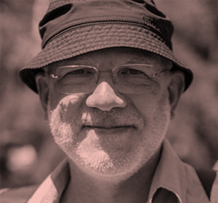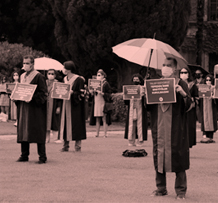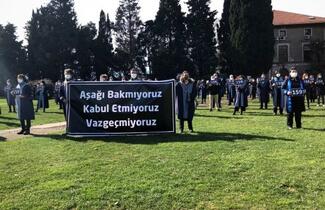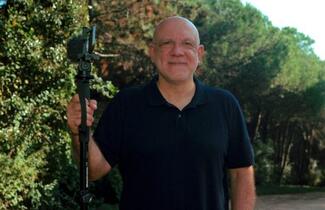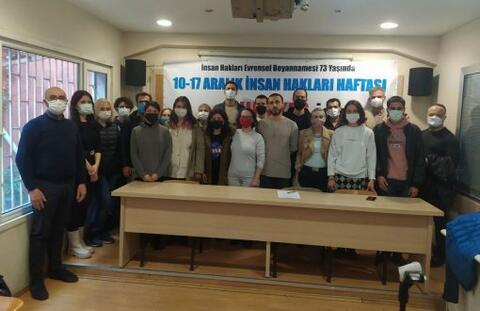
The Boğaziçi Students Assembly (BÖM) has stated that police officers try to persuade students detained during protests against the appointed rectors to become "informants."
"As the police blockade continues on the campus and in Hisarüstü neighborhood, where Boğaziçi University is located in, we, as students, academics, workers and shopkeepers in this area have been subjected to police harassment," said Enes Gözüküçük, a member of the assembly, during a press conference on Saturday (December 11) at the Human Rights Association (İHD) İstanbul Branch.
"Private security officers film protesting students on the campus without their permission, follow and harass them, and attack and torture them in cooperation with the police," he said.
A student, Muhammet Çelik, had been called by people who had introduced themselves as "intelligence officers," who tried to persuade him to become an informant, he said.
"I and our friend Beliz İnce were also subjected to the harassment of people whom we know to be plain clothes police officers multiple times," he said.
"800 students detained in four months"
As the protests have been continuing since early 2021, about 800 students have been detained in the last four months alone, Gözüküçük further said.
Thirteen students were remanded in custody and two are still behind bars, he added.
The Boğaziçi protests
With a decree published in the Official Gazette, President and ruling Justice and Development Party (AKP) Chair Recep Tayyip Erdoğan appointed Prof. Melih Bulu, an academic from outside Boğaziçi University's academic community, as the rector of the university on January 2, which was met with harsh criticism and protests of students, academics and alumni.
Amid these protests, Erdoğan removed Bulu from office with a presidential decision on July 15; the Council of Higher Education (YÖK) appointed vice rector Prof. Naci İnci as the acting rector.
The YÖK accepted applications for the rectorship of Boğaziçi University till August 2 and President Erdoğan has appointed Prof. Naci İnci, who later received a vote of no confidence from 95 percent of Boğaziçi academics.
